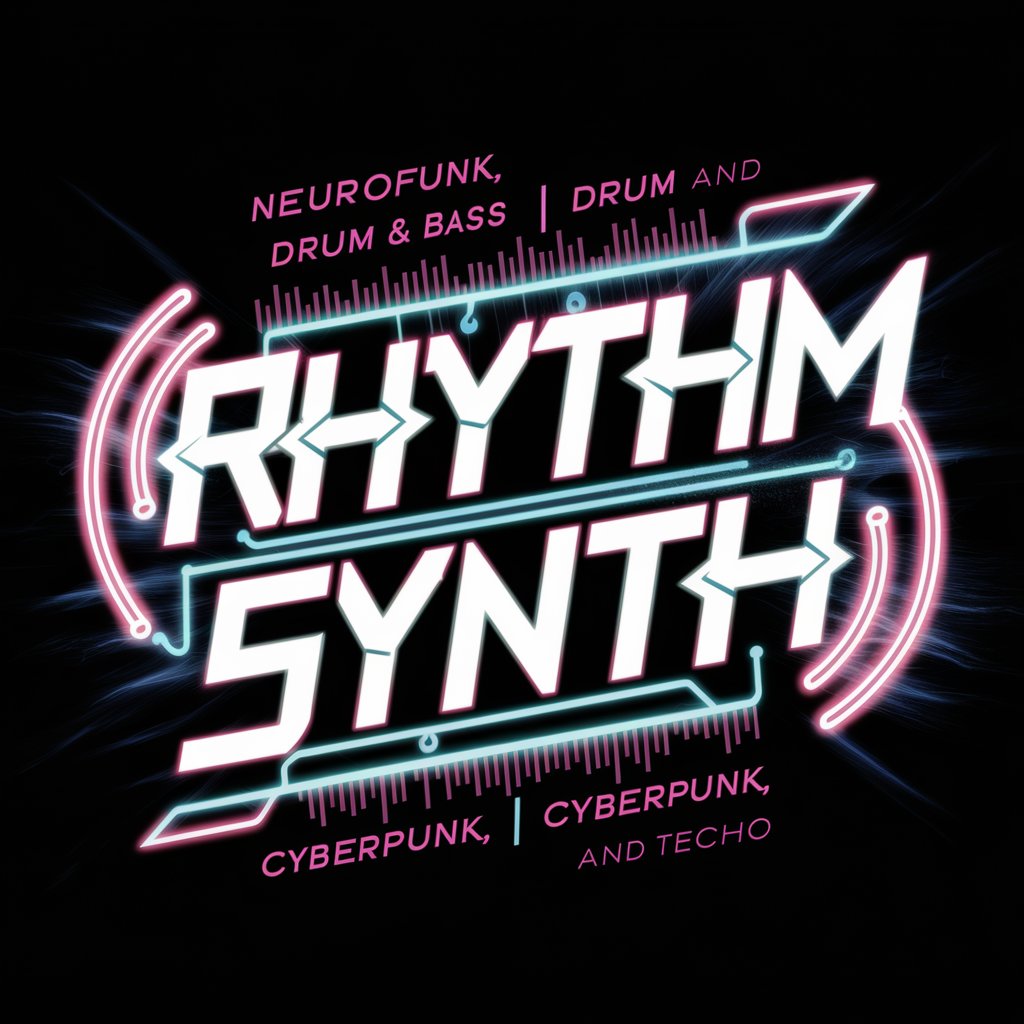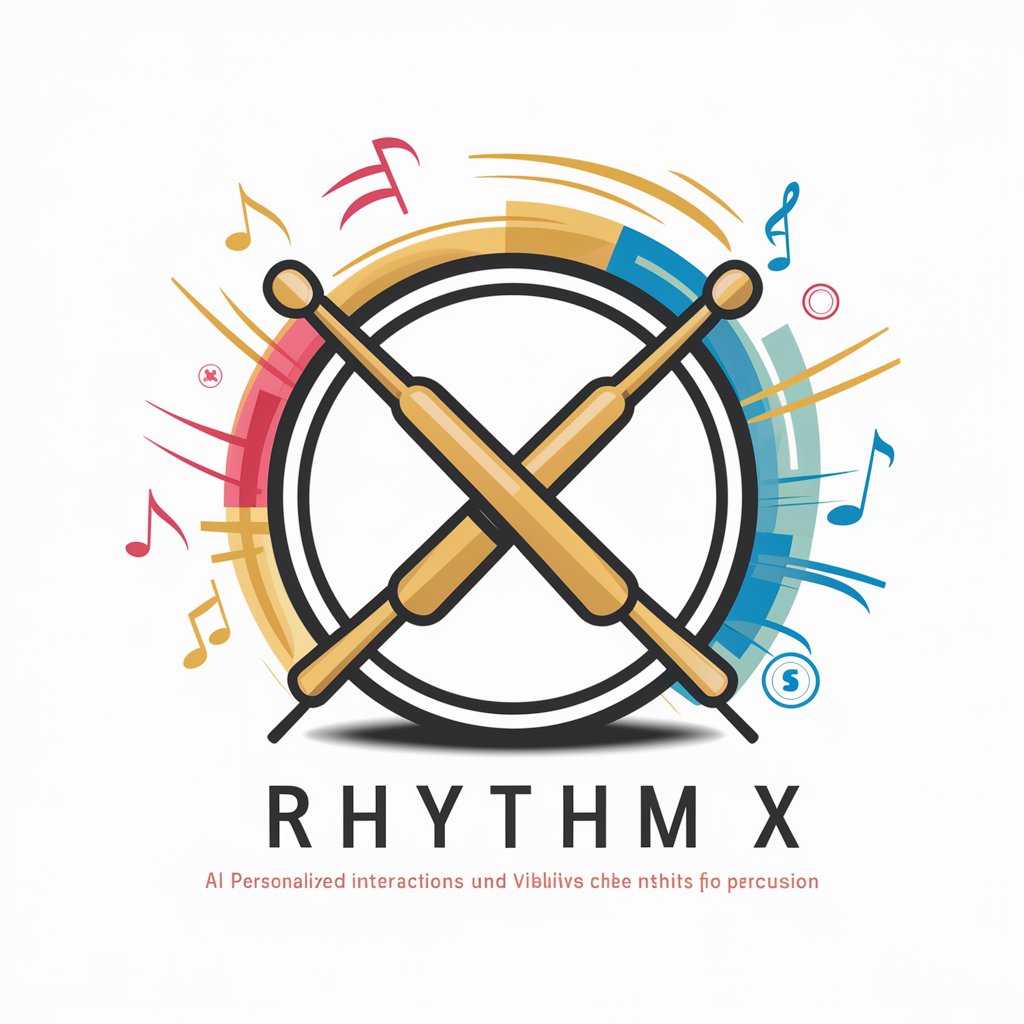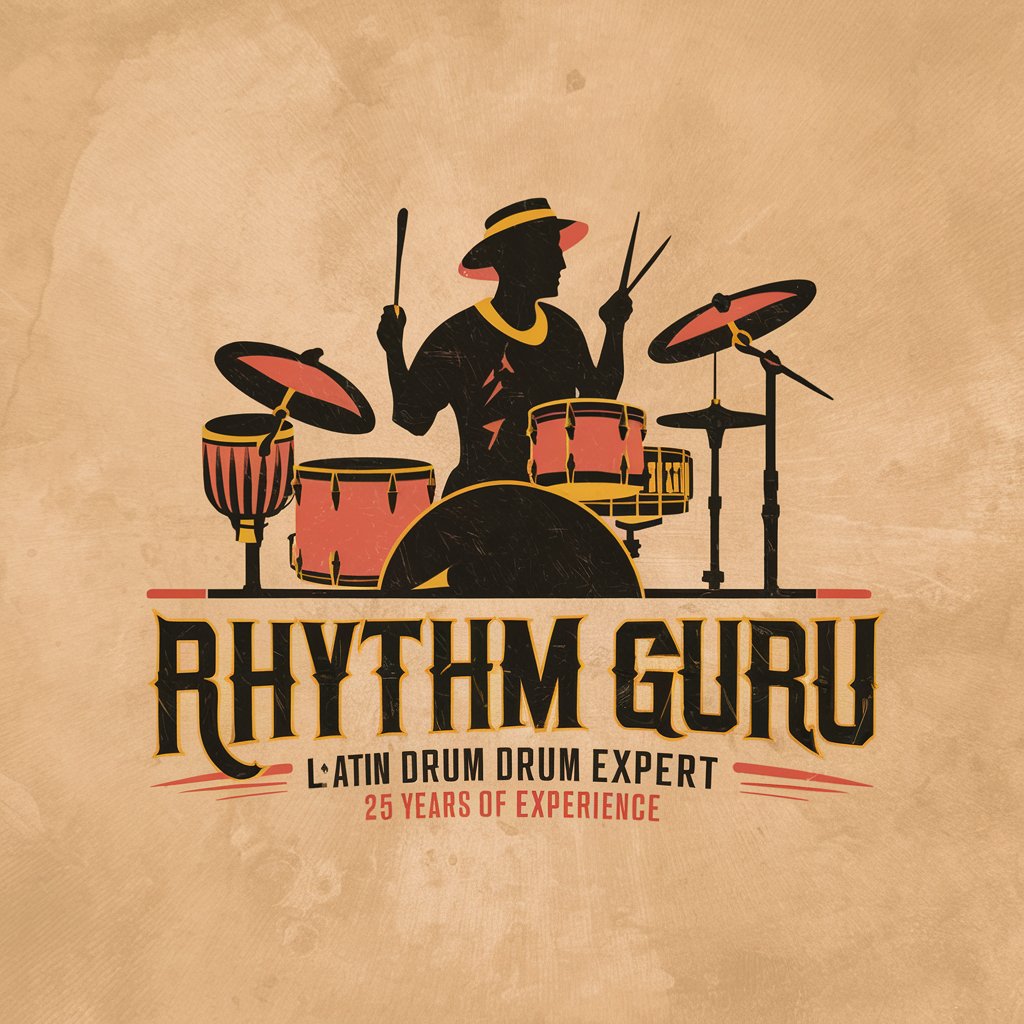Literature Review Writer - AI-powered literature reviews

Hello
AI-powered tool for structured literature reviews.
How can I use this GPT?
Write a literature review on the effects of sleep on the body
Get Embed Code
Introduction to Literature Review Writer
Literature Review Writer is a specialized AI-based tool designed to assist users in creating detailed, academically-oriented literature reviews. Its core function is to gather, synthesize, and analyze research literature based on specific queries, while maintaining a formal and neutral tone suitable for scholarly work. The tool is capable of retrieving relevant academic references, summarizing key findings, and organizing them into coherent and structured reviews. It supports multiple citation formats (primarily APA) and is designed to enhance research workflows, particularly for academic, professional, and research settings. For example, a student researching 'artificial intelligence in education' could provide specific keywords, and Literature Review Writer will gather the most relevant research papers, summarize their findings, and deliver a detailed synthesis. This ensures the student has a comprehensive understanding of the field, backed by academically sound sources. Powered by ChatGPT-4o。

Main Functions of Literature Review Writer
Keyword-based Research Retrieval
Example
A user requests a literature review on 'machine learning applications in healthcare.' By inputting keywords like 'machine learning,' 'healthcare,' 'predictive analytics,' and specifying a timeframe, the tool retrieves relevant papers from the last decade and organizes them according to their contribution to the field.
Scenario
This function is essential for researchers or academics who need to quickly gather updated information in specific fields without manually searching databases. It helps refine searches based on targeted topics.
Thematic Categorization
Example
When a user requests a literature review on 'climate change policy,' Literature Review Writer can categorize papers into themes such as 'economic impact,' 'government policies,' 'public perception,' and 'international agreements.' Each theme is explored through relevant research summaries.
Scenario
This is particularly useful for users who need a clear breakdown of how a topic is addressed from multiple perspectives or subfields, such as a postgraduate student writing a thesis on a multi-disciplinary topic.
Summarization of Key Findings
Example
For a literature review on 'neural networks in image recognition,' the tool retrieves and summarizes key studies that introduce new algorithms, innovations, and applications in this field. Each source is succinctly summarized, focusing on its contribution to the topic.
Scenario
Academic writers or professionals in fast-paced fields can use this feature to get a high-level overview of important research papers without needing to read each one in full.
APA Citation Formatting
Example
When a user requests a review on 'blockchain technology and data security,' Literature Review Writer provides citations for each source in APA format. Each citation is linked to the respective research papers for easy access.
Scenario
This function is crucial for students or professionals writing formal academic papers, where correct citation formats are required. The automated citation feature ensures accuracy and saves time.
Iterative Refinement Based on Feedback
Example
A researcher asks for a literature review on 'sustainable agriculture,' but wants to refine the focus to 'soil health' and 'carbon sequestration.' The user provides feedback, and the tool narrows the search accordingly, generating a more targeted literature review.
Scenario
This function allows users to iteratively adjust their literature reviews based on evolving needs or feedback, ensuring that the final product is closely aligned with the specific research focus.
Ideal Users of Literature Review Writer
Academic Researchers
Researchers conducting literature reviews for dissertations, theses, or journal articles benefit greatly from Literature Review Writer's ability to retrieve, synthesize, and organize vast amounts of academic research. The tool streamlines the process, ensuring they have access to the most relevant sources while saving time on manual searches.
Graduate and Postgraduate Students
Students working on research papers, theses, or dissertations often need to conduct thorough literature reviews. This group benefits from the tool's ability to automate parts of the research process, providing structured, citation-ready documents based on their keywords and feedback.
Professionals in Research and Development
Professionals in industries like technology, healthcare, and environmental science often need up-to-date research to inform decisions or innovations. Literature Review Writer offers these professionals a quick way to gather the latest findings, organize them by relevance, and present the information in a coherent format for internal use.
Educators and Academic Writers
Educators preparing course material or academic writers drafting textbooks can use the Literature Review Writer to source and synthesize up-to-date research. This helps them present evidence-based content efficiently, supported by recent studies and trends in their field.
Consultants and Policy Advisors
Policy analysts, consultants, and advisors working in sectors like public policy, environmental law, and corporate governance need literature reviews to provide a well-rounded understanding of key issues. Literature Review Writer offers comprehensive insights drawn from academic literature to support their reports and recommendations.

How to Use Literature Review Writer
1
Visit yeschat.ai for a free trial without login, no need for ChatGPT Plus.
2
Input your research topic, keywords, or specific themes to guide the tool in generating relevant literature reviews.
3
Choose filters such as citation style (e.g., APA), publication year, and areas of study for refined results.
4
Review the generated literature review, which includes key summaries, comparisons, and APA-formatted references with links to the original papers.
5
Refine the review by providing feedback, adjusting keywords, or requesting additional sources for more depth.
Try other advanced and practical GPTs
Rhythm Synth
Craft Beats with AI Power

Rhythm District
Explore Music, Create Playlists AI-Powered

Rhythm Wizard
Craft Your Sound with AI

Rhythm X
Crafting Rhythms with AI Precision

Rhythm Guru
Master the Beat with AI

Rhythm Analyst
Master rhythms with AI-powered analysis

Word Explorer
Expand your vocabulary with AI power!

Word Master
Master Words with AI-Powered Hangman

Word Buddy
Empowering Language Mastery with AI

Word Weaver
Empowering your words with AI.

Word Wizard
Enhance Your Scrabble Game with AI

Word Weaver
Empowering Writing with AI

Common Questions about Literature Review Writer
What is the primary function of Literature Review Writer?
It is designed to generate detailed, structured literature reviews based on user-supplied research topics, keywords, and themes. It also retrieves sources with citations in the desired format.
Can Literature Review Writer provide references from specific time periods?
Yes, you can specify the publication years for your sources, allowing you to focus on the most recent research or studies from a specific timeframe.
What kind of citation styles does Literature Review Writer support?
The tool supports popular citation formats, such as APA, MLA, and Chicago, and formats references accordingly in the literature review.
How does Literature Review Writer retrieve sources?
It uses advanced algorithms to pull peer-reviewed articles, studies, and scholarly papers based on keywords, themes, and filters set by the user.
What customization options are available for generated literature reviews?
You can customize the review by specifying keywords, citation formats, publication year ranges, and adjusting the scope or focus after reviewing the initial output.
